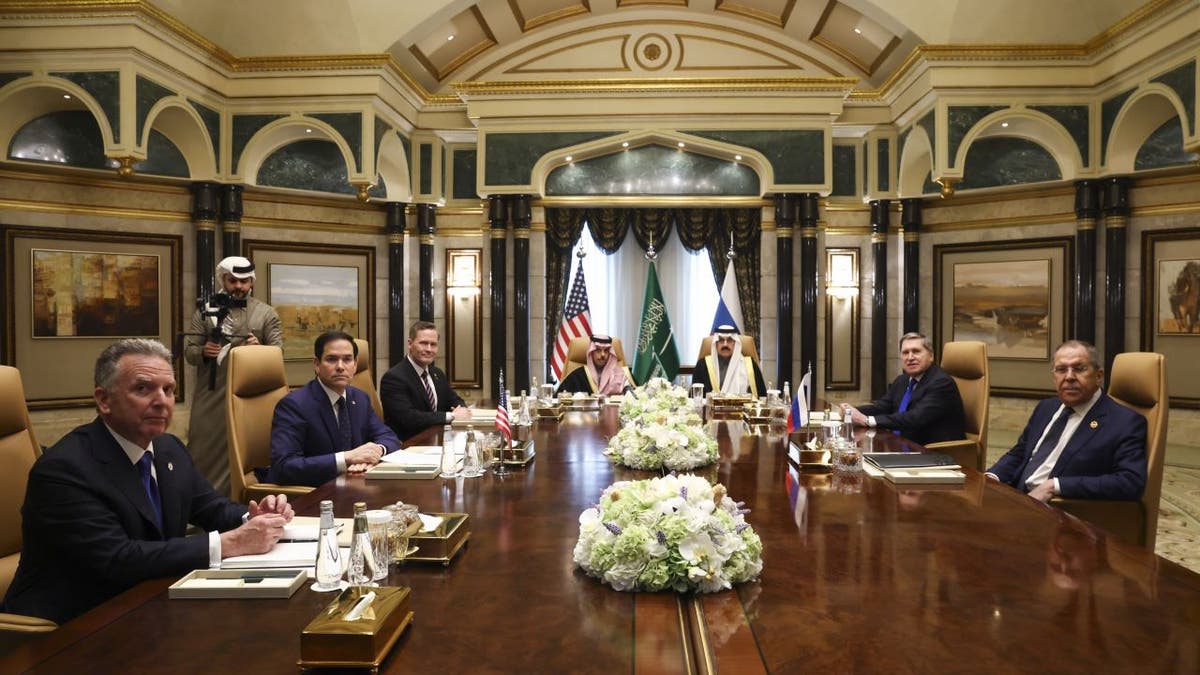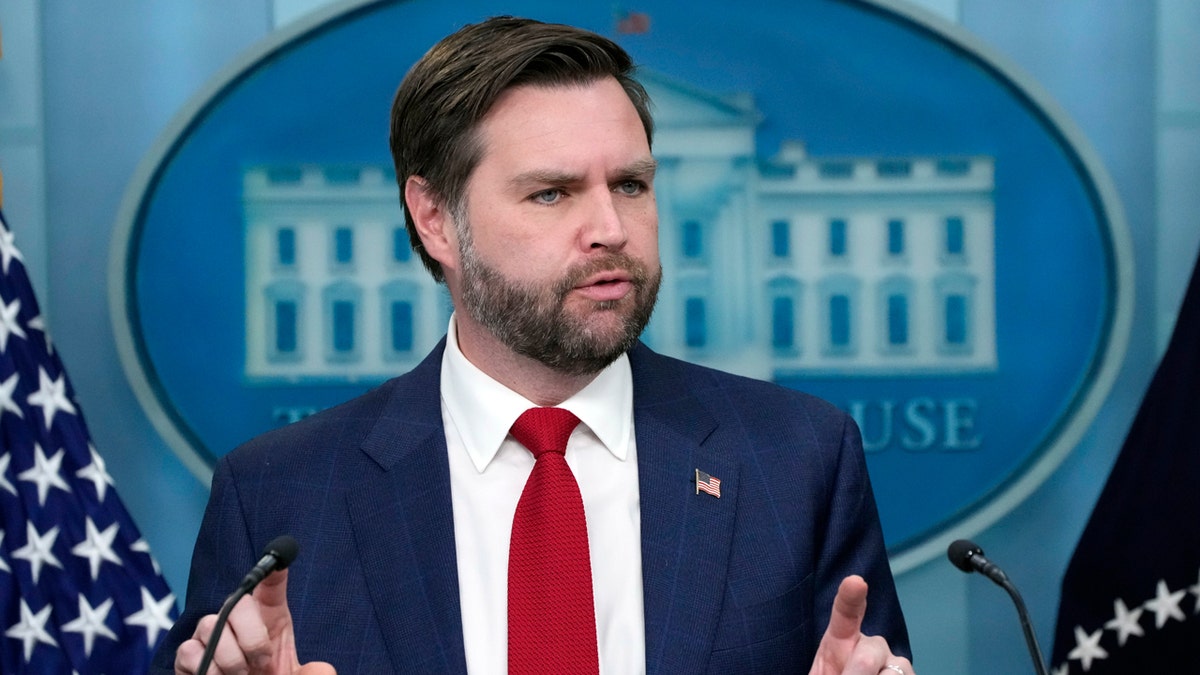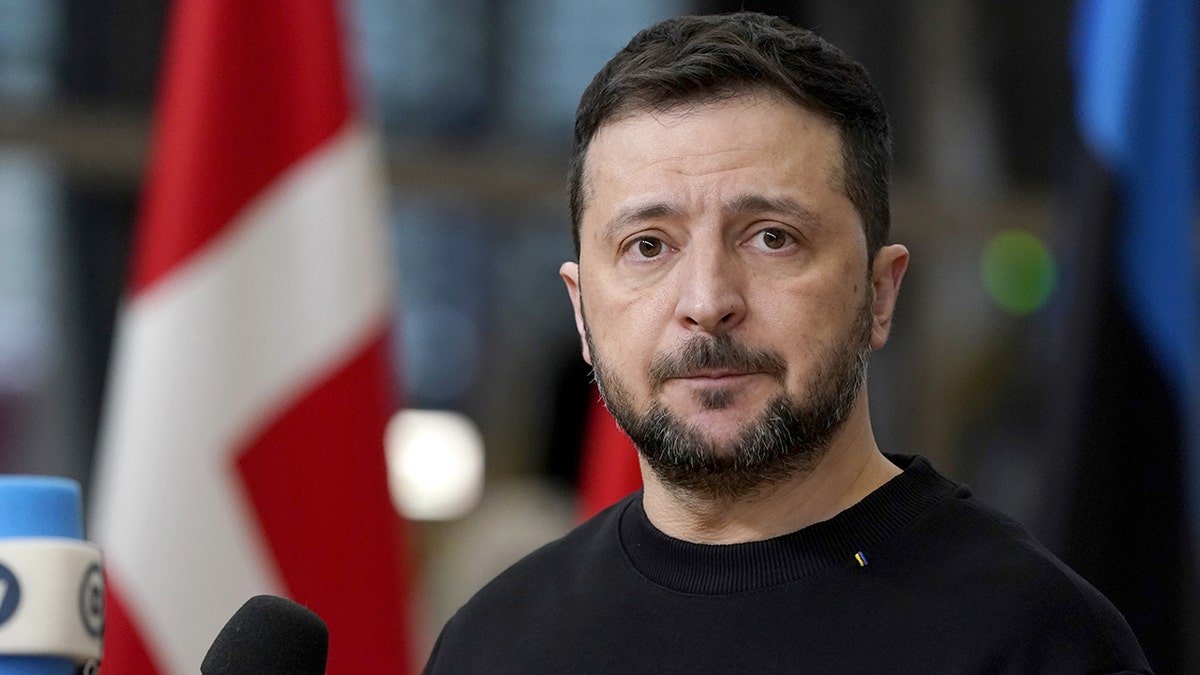The Trump administration is intensifying its efforts to persuade Ukraine to reach a peace agreement with Russia, as President Trump expresses increasing dissatisfaction with President Zelenskyy's reluctance to negotiate. National Security Advisor Mike Waltz acknowledged Trump's waning patience, stating that recent discussions with Ukrainian officials centered on conveying the urgency of ending the conflict.
Waltz emphasized the detrimental impact of a prolonged war on both American and Russian interests, highlighting the administration's goal of helping Zelenskyy recognize the need for a resolution. Vice President JD Vance defended the administration's dialogue with Russian officials in Saudi Arabia, emphasizing the importance of communication with all parties involved in the conflict.
Despite Ukraine's absence from these meetings, Vance maintained that such discussions are crucial for advancing a peace deal. He expressed optimism about the potential for peace in Europe, a sentiment not shared by Ukrainian officials who have voiced frustration over being excluded from the negotiations. Recent exchanges between Trump and Zelenskyy have been marked by escalating tensions, with both leaders exchanging criticisms.

Secretary of State Marco Rubio, along with other U.S. officials, met with Russian representatives in Riyadh to explore avenues for resolving the conflict. Zelenskyy, who was not invited to the meeting, expressed his disapproval of decisions being made without Ukraine's involvement. He reiterated Ukraine's stance against any peace negotiations that exclude its participation.

The U.S. has indicated its willingness to accommodate some of Russia's demands for a peace agreement, with Trump acknowledging Russia's advantageous position due to territorial gains. This has sparked concerns that Ukraine may be pressured into making concessions, with some critics arguing that such concessions could embolden Russia. The U.S. has also suggested holding elections in Ukraine, a key condition for Russia's agreement to a peace deal. This presents a challenge for Zelenskyy, as Ukrainian law prohibits elections under martial law, which has been in effect since the invasion began.

Zelenskyy's options appear limited, potentially forcing him to accept concessions, according to former Deputy National Security Advisor K.T. McFarland. She questioned Zelenskyy's ability to ensure Ukraine's long-term security without engaging in negotiations with both Russia and the U.S. Trump, who has pledged to end the conflict if re-elected, faces the complex challenge of balancing pressure on Ukraine with the need for a sustainable peace agreement.
Comments(0)
Top Comments